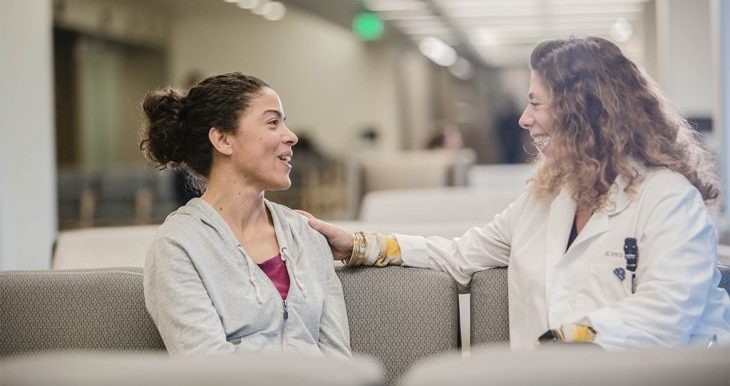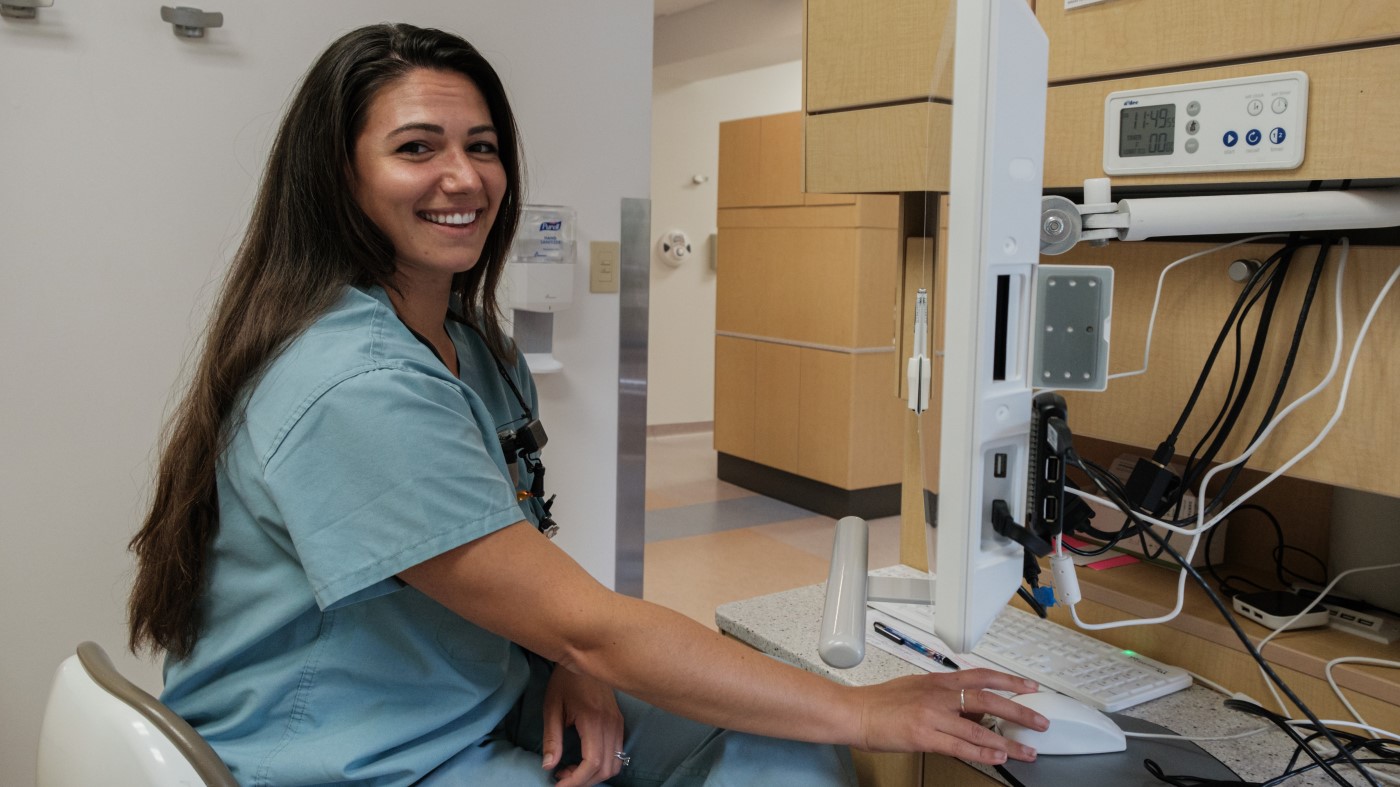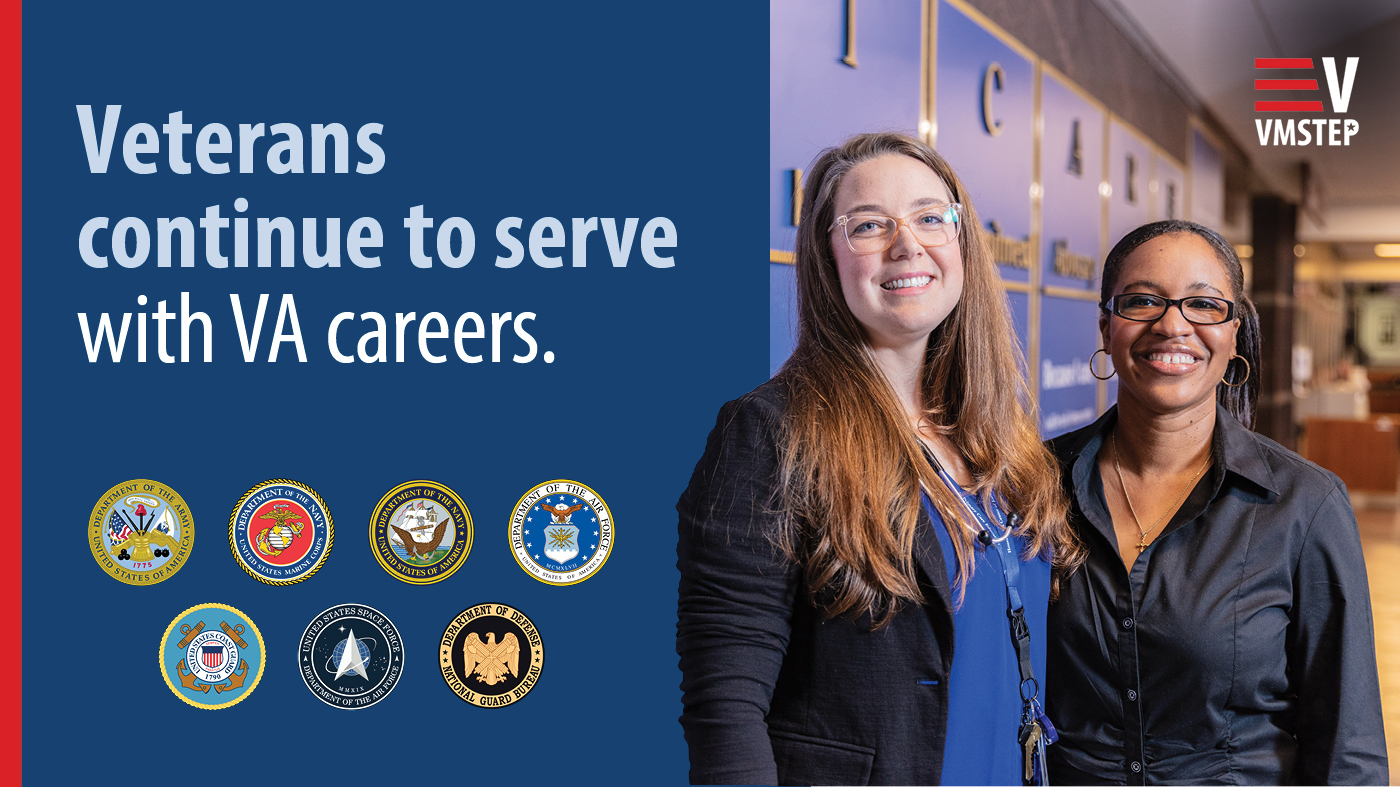March is Women’s History Month, and VA would like to celebrate in part by reflecting on our proud history in serving women Veterans. Read on to see why this important time of year means so much to our team.
In 1988, just a year after Congress declared March as National Women’s History Month, VA created the Women Veterans Health Care Program in order to streamline services for this patient population and provide more cost-effective medical and psychosocial care. Back then, only 4.4% of U.S. Veterans were women. Now, nearly 10% are women, indicating an ever-increasing need for our support.
Since then, the Women Veterans Health Care Program has experienced significant changes and growth. In 2007, it was elevated to a Strategic Health Care Group within the Office of Public Health and Environmental Hazards, which broadened the program’s scope of activities to include all services provided to women Veterans. Four years later, the program became part of the Office of Patient Care Services (PCS), creating better opportunities for collaboration between Women’s Health and other service lines within the PCS, such as Primary Care and Mental Health.
Today, professionals from a wide range of specialties work together to continue the program’s mission to be a national leader in women’s health, thus raising the standard of care for all women.
If you’re interested in giving back and joining our team in this mission or would like to explore other opportunities to serve America’s Veterans, search for open positions and apply now.
Topics in this story
More Stories
You had questions, we had answers. Take a look at the information and advice we shared that had the most impact with readers in 2024.
For Veterans, the mission does not end when the uniform comes off. VA careers offer opportunities to serve while building fulfilling civilian careers.
Whether it’s access to the great outdoors or a calmer pace in your everyday life, you can find it in rural VA communities around the country.







Woot! Woot!
I’m not a veteran, but i am a woman and a career coach for womenand I’m so glad to have read this. Stories like Linda’s above are unfortunate and it’s time we took better care of not just our veterans, but our women and female veterans as well.
Kim
This is an interesting and heartening development. When I was discharged from the Army in 1975, part of my outprocessing was with a VA representative who told me, “Now we will never see you again because you are a woman.”
I now spend quite a bit of time at the Albuquerque VA Hospital where my husband gets his medical care.
Best,
Linda Eleshuk Roybal
Veteran